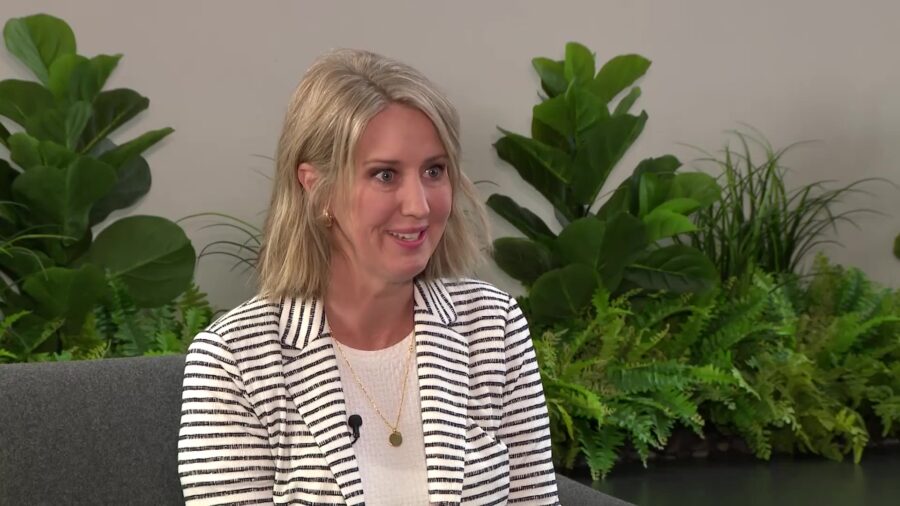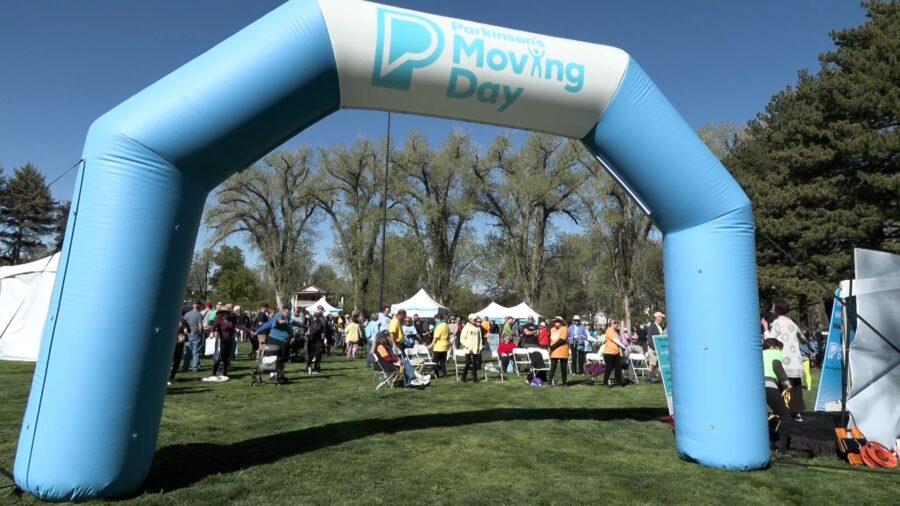How to deal with the health effects of daylight saving time
Mar 8, 2024, 7:24 PM | Updated: Mar 9, 2024, 11:26 am
SALT LAKE CITY – It’s that time of year again – we “spring forward” and spend some time feeling jetlagged. Daylight saving time begins on Sunday at 2 a.m. – pushing the clocks forward an hour and consequently for us, taking away an hour of sleep.
“You’re misaligned between your internal clock and external environment,” said Dr. Kelly Baron, director of the Behavioral Sleep Program at University of Utah Health.
Research shows the days following the start of daylight saving time lead to an increase in car crashes – a reminder to be more alert while on the roads – and heart attacks.
“It puts stress on the heart and arteries from that loss of sleep,” Baron said.
So, how you help your body adapt to the time change more easily?
Baron said getting sunlight and moving around helps, but the best way to prepare is by adjusting your sleep schedule gradually.
“Go to bed 15 minutes earlier and then also try not to sleep in too much over the weekend,” she said. “That should make it a little easier on Monday morning.”
We all know that not getting enough sleep has health consequences, but did you know that oversleeping has negative health effects as well? Sleeping too much can increase your risk for diabetes, heart disease, and depression.
“Sleeping in does not erase what happened during the week, in fact it can kind of makes things worse, because it throws off your week,” Dr. Baron said. “Having a regular schedule seven days a week is really the best thing you can do.”
The recommended amount of sleep for adults is seven to nine hours and eight to 10 hours for teenagers.
You can improve your quality of sleep at night by not eating a full meal too close to bedtime, having a relaxing routine and creating a good sleep environment.
“Have it quiet, comfortable, dark, free from distraction,” Baron said. “Have a media-free zone.”
If you find yourself having a hard time adjusting to the time change, it’s all right to take a short nap. But aim to keep it under 30 minutes and during mid-morning or mid to early afternoon – napping too late, like after 5 p.m., can disrupt your sleep rhythm.












